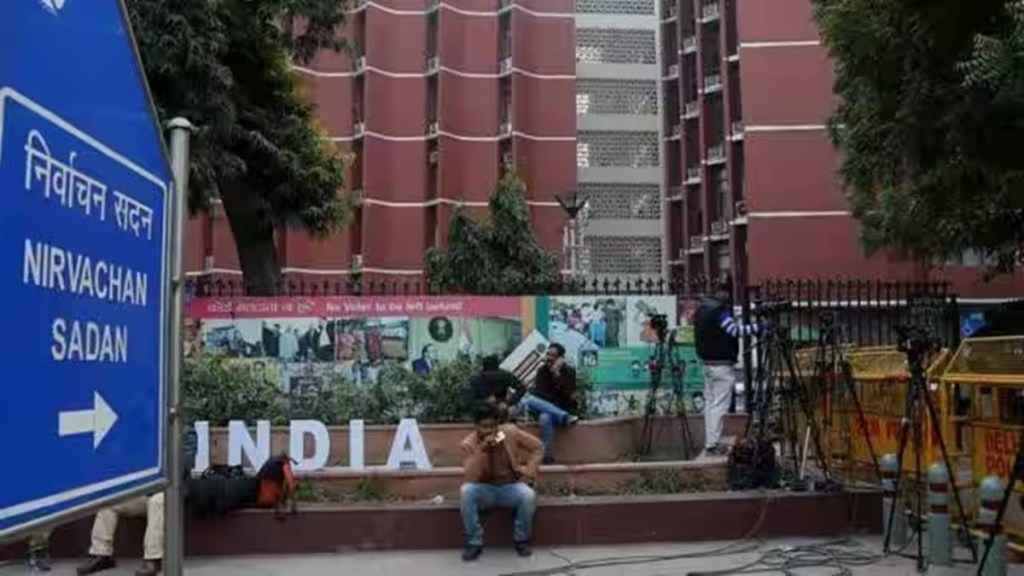The Election Commission of India on Thursday published the data on electoral bonds submitted by the State Bank of India a day ahead of the Supreme Court-mandated deadline of March 15. In its order on Monday, dismissing the SBI’s appeal for an extension till June 30, the court directed the lender to submit electoral bonds data to the EC by March 12. SBI complied with the order on Tuesday.
“It may be recalled that in the said matter, ECI has consistently and categorically weighed in favour of disclosure and transparency, a position reflected in the proceedings of the Hon’ble Supreme court and noted in the order also,” a press note issued by the Commission Thursday evening read.
The data has been provided in two sets. The first part contains 337 pages bearing the details of donors, the date of donation and the amount of donation. The second set, with 426 pages, contains the names and details of the political party that redeemed the bonds.
On February 15, a five-judge Constitution bench of the Supreme Court scrapped the Centre’s electoral bonds scheme that allowed anonymous political funding, calling it “unconstitutional”, and ordered disclosure of donors, the amount donated by them and recipients by the EC. SBI was asked to furnish the details to the poll panel and March 6.
Electoral Bonds data: Who are the donors?
According to the data uploaded by the poll panel, the buyers of electoral bonds include Grasim Industries, Megha Engineering, Piramal Enterprises, Torrent Power, Bharti Airtel, DLF Commercial Developers, Vedanta Ltd., Apollo Tyres, Lakshmi Mittal, Edelweiss, PVR, Keventer, Sula Wine, Welspun, and Sun Pharma. Megha Engineering emerged as the top donor with a donation of Rs 980 crore.
The parties that redeemed electoral bonds include the BJP, Congress, AIADMK, BRS, Shiv Sena, TDP, YSR Congress, DMK, JDS, NCP, Trinamool Congress, JDU, RJD, AAP, and the Samajwadi Party, according to the data.
The State Bank of India has issued electoral bonds worth Rs 16,518 crore since its introduction in 2017-18. The scheme was introduced as a mode for Indian political parties to receive anonymous donations. The scheme was struck down by the Supreme Court last month.
(With agencies)

